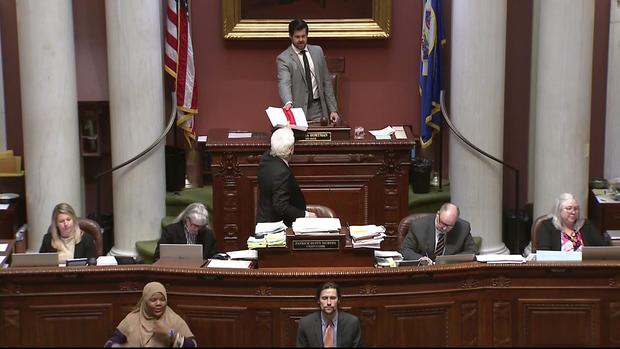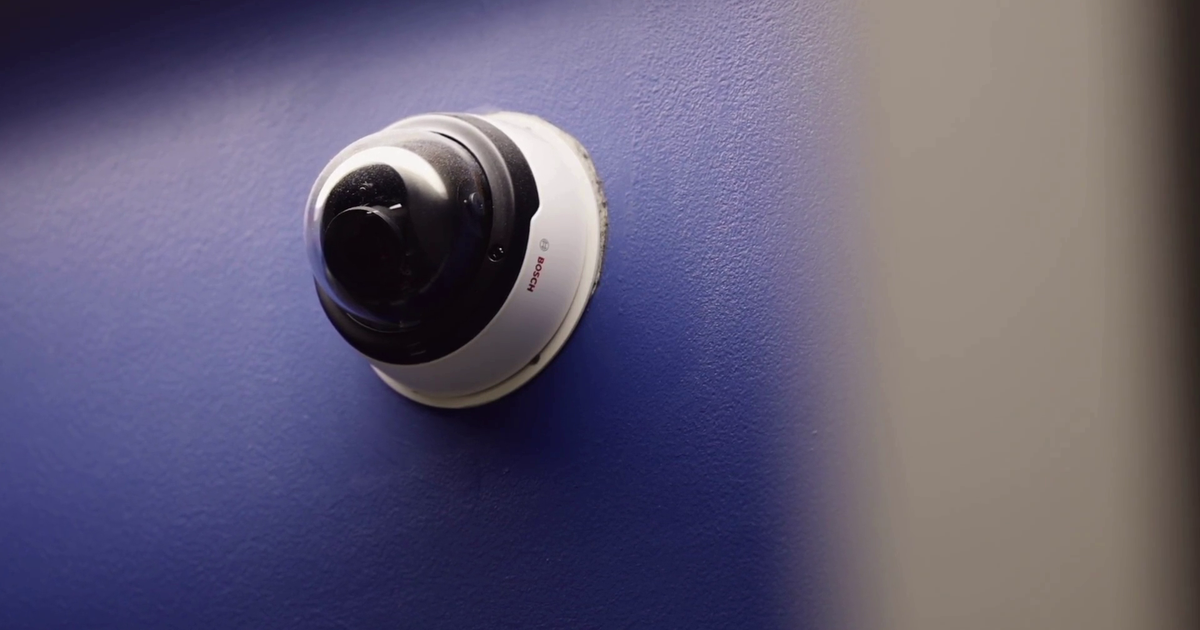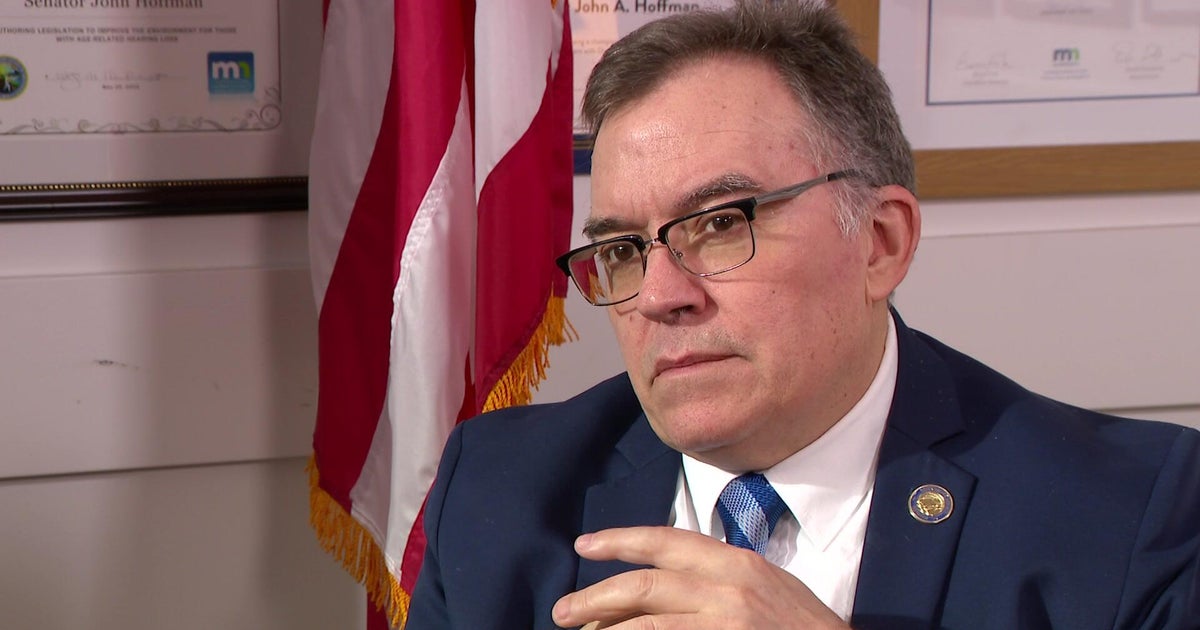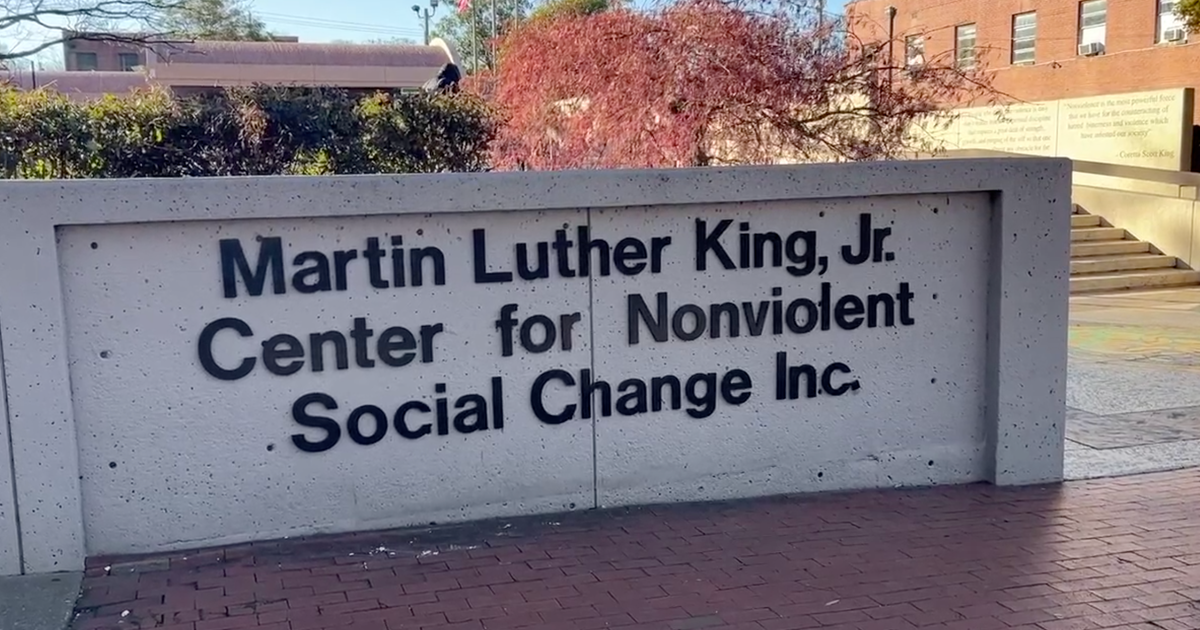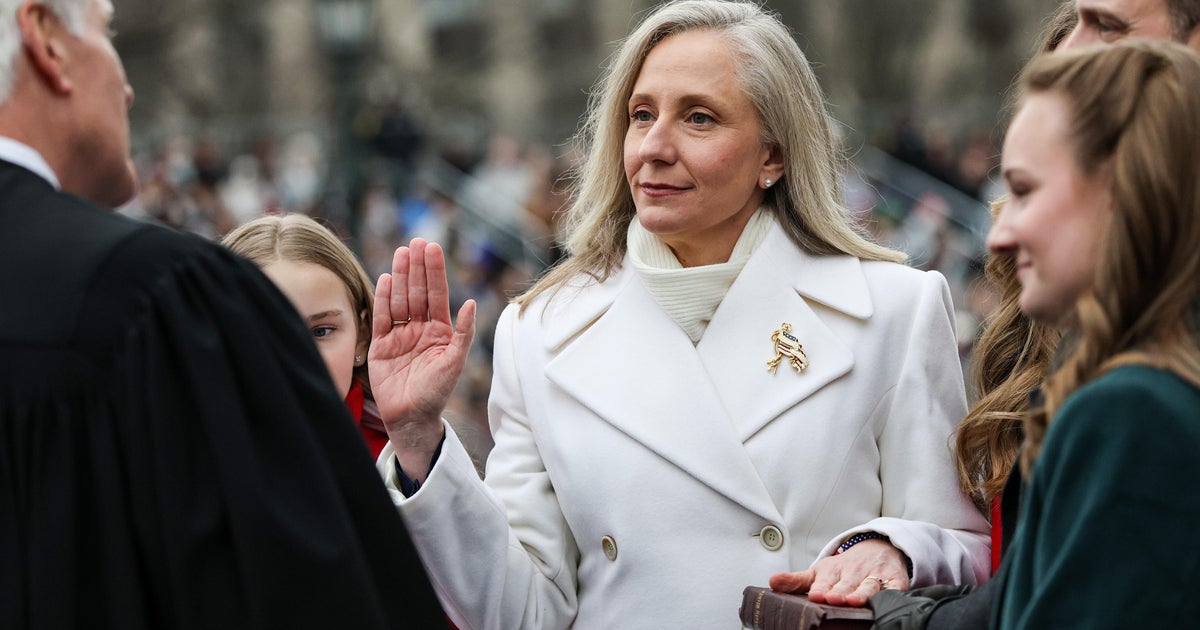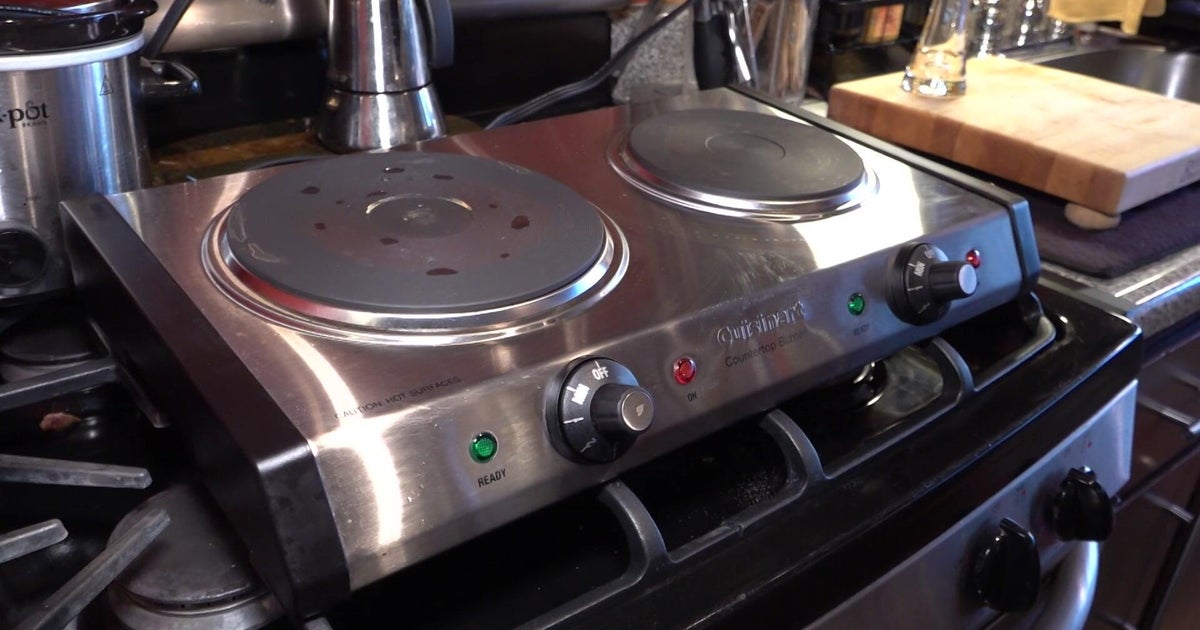Tax bill with $3 billion in cuts on way to Gov. Walz; Separate bill will raise gas tax and impose new fee on deliveries
ST. PAUL, Minn. -- On the eve of the last day of session, Minnesota lawmakers sent a tax bill with $3 billion in cuts and a transportation funding package with a gas tax increase and a new retail delivery fee to Gov. Tim Walz's desk.
The legislature is to adjourn Monday night. Lawmakers worked through the weekend to wrap up the remaining pieces of the proposed $72 billion budget for the next two years, which is a 38% increase over the current biennium.
They also passed a bill with protections for Uber and Lyft drivers Sunday.
Tax bill passes with $3 billion in cuts
The tax proposal approved by the House Saturday and Senate on Sunday includes one-time direct rebate for an estimated 2.5 million households. The checks will be $260 for single filers, $520 for married couples and an additional $260 per dependent up to three, so a family of five could see up to $1,300 back in their pockets.
The income cut-offs are $75,000 for single filers and $150,000 for married couples.
Democrats in charge at the Capitol have sought to target their tax relief to lower- and middle-income Minnesotans. What they're calling the "centerpiece" to this legislation is a child tax credit for low-income families that researchers at Columbia University predict will slash child poverty in Minnesota by one-third.
The credit is $1,750 per child and it starts to phase out for families making more than $35,000 per year. If Minnesotans make more than that, they might be eligible for a smaller credit depending on their income and how many children they have.
The Department of Revenue estimates 265,000 families will be impacted.
The tax legislation also eliminates the state income tax on social security for some-but not all-seniors who get those benefits. Only half pay taxes on that retirement income now, and DFL leaders anticipate now 76% of seniors won't pay any state taxes on social security once this is signed into law.
Couples making $100,000 per year and individuals earning $78,000 will pay no state taxes on it under the proposal.
The bill on its way to Gov. Tim Walz's desk for signature also includes $300 million in public safety aid to local governments and additional tax relief for renters and homeowners.
But while it cuts taxes, it also raises them. It conforms to part of the federal tax code provision which will enable Minnesota to collect more tax revenue on some corporations that do business overseas. Wealthy Minnesotans will also see a tax increase on investment dividends exceeding $1 million, and the bill will more quickly phase out itemized deductions for high earners.
Transportation funding includes new delivery fee, gas tax hike
The gas tax will be indexed to the rate of inflation in future years under a transportation funding package approved by both chambers Sunday. The increase is capped at 3% and it will amount to a five-cent increase over the next four years, according to nonpartisan legislative staff.
The last time the legislature approved an increase was in 2008 after the I-35W bridge collapse, and supporters say Minnesota's ailing roads and bridges need an ongoing, sustainable funding mechanism for future infrastructure repairs. MnDOT officials testified at a House committee in January that current revenue streams aren't keeping pace with their projects and work, which has grown.
"We've kicked that can down the proverbial pothole road for decades," Gov. Tim Walz told reporters Sunday. "I'm really proud of the legislature's decided to come up with a means to fix this."
The plan also includes a new 50-cent fee on many home deliveries more than $100. It will not apply to groceries, prescription drugs, baby products and restaurant deliveries.
The sales tax in the seven-county Twin Cities metro will see a 0.75% hike to fund transit. That's on top of an additional sales tax increase in the region of 0.25% for affordable housing, bringing the total hike to 1%.
Republicans criticized all proposed tax increases at a time when the state had a $17.5 billion budget surplus this year. All of that money will be accounted for in spending for the next two-year biennium.
"Do not let a pothole on the road be the excuse that Democrats can try to convince you that they need more of your money," said Rep. Kurt Daudt, R-Crown. "This sort of behavior is absolutely shameful, but it's what Minnesotans can expect from Democrats in this state."

